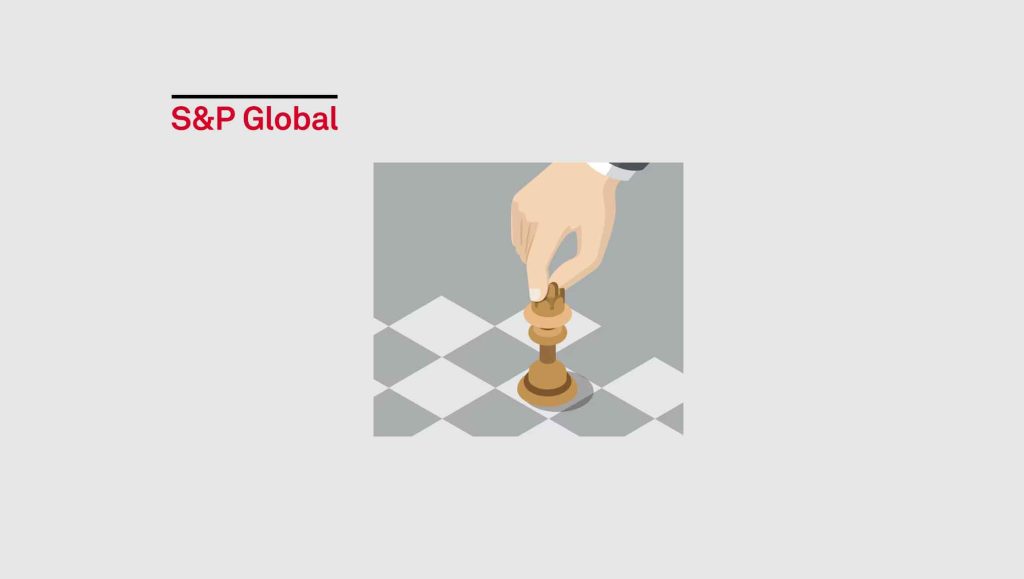Three Steps to Unlocking Sales Potential
91% of sales organizations missed their sales goals in 2023. While there are reasons outside the control of the organization, missing sales goals is more often an inside problem.
We could look at the list of why goals are missed and boil it down to eight factors:
- Market conditions
- Lack of experience or skill
- Misaligned sales activities
- Poor time management
- New hire ramp-up periods
- Unstructured sales process
- Lack of motivation
- Unrealistic quota or sales goals
If we’re honest, the only factor we cannot control is market conditions. However, even bad market conditions can be counterbalanced by solving the other seven areas in which leaders and their companies have control.
Whether you are a department head, regional sales leader, head of national production or even the CEO, a well-led sales organization solves these “roadblocks” and doesn’t manufacture excuses for coming up short.
Sounds easy conceptually. Yet so many organizations are flying blind with antiquated training, poor hiring practices, uninspired cultures, no accountability and allowing performance shortfalls to become the accepted norms.
Let’s ask a new question.
What would your sales organization look like if 90% of your sales team hit their goals every month? How would that change the performance of the company? How much more loyalty would your team show to the company? What new talent would it attract to want to work for the company? How much more profitable would the company be? There is a host of positive, culture-inspiring outcomes that are worth pursuing this vision!
I’ve had the good fortune of studying successful sales cultures all over the world, positively impacting millions of salespeople. With a constant pulse on sales performance data, almost all success comes down to three keys.
Key #1: Mindset
You can have all the tools and knowledge in the world, but if you don’t master the power of mindset, daily, your dream journey will be hard and long. That’s why mindset is the first key. A positive mindset will open the doors for action and propel you toward sustainable growth in sales.
Leaders must create a culture of winning for their teams, just like coaches do for their teams. That requires a winning mindset! Successful sales leaders ask the question every day of their sales teams, “How can I help you win?”
Salespeople join a company because they want to win. A healthy leader understands through helping the salesperson win, they, and the company, win. This produces loyalty and attracts more talent. In clear terms, the successful leader is joyfully accountable to their sales teams.
A winning mindset starts with attitude and the decision to see through a lens of positivity that anything can be achieved if the mind is focused, and the skills are sharp.
I started in selling during a full-blown recession. I was at the end of my 90-day draw and was scared. Everyone thought the sky was falling. I chose a different path. I had a button made that was bright green with blue text that said, “Rumor is we’re in a recession. I’m not participating.” I made hundreds of sales calls with that button pinned on my jacket and changed the thinking of every prospect I called on. Needless to say, I got business and never needed a draw again.
In selling, there is a clear case for being optimistic. The most important is that you will sell more stuff. According to Optimism Expert Dr. Martin Seligman, 56% more!
Positive people are able to see solutions, where negative people see only problems.
Leadership Action: What’s one thing you will begin doing every day to amplify positivity in your sales team?
Read More: SalesTechStar Interview with Kristy Schafer, Vice President of US Sales at Optable
Key #2: Chase Greatness
When we look at professional sports, a couple of observations stand out.
First, great athletes, musicians and actors over-train. They practice more than they play. They know that, in the game, match, competition or performance, everyone wants to win and the minimum requirement to have the right to play is to be game ready.
Second, they pursue becoming the best version of themselves, improving play by play, day by day, week by week. If salespeople don’t practice more than they play, when they play, they will look like they haven’t practiced. That’s why goals are missed.
When my son, Matt, was eight years old, he wanted to learn to play guitar. The problem was his mindset. He didn’t want to practice, and his instructor could tell.
After months of trying, the instructor handed me a piece of paper and said, “Give this to Matt and hopefully it will help.” The piece of paper said:
If you practice, you get better.
If you get better, you play with better players.
If you play with better players, you play better music.
If you play better music, you have more fun.
If you have fun, you want to practice more.
If you practice more, you get better…
Two years later Matt took up guitar again, finally ready to practice, and today he’s an awesome guitarist.
Top performing sales leaders (coaches) understand this process and that is why ‘every day is training day’.
Competence leads to confidence; confidence leads to consistency; consistency leads to increasing goal achievement.
Leadership Action: What would your sales team’s performance look like if they all got 1% better every day?
In one year, what would your team’s performance look like?
Key #3: Embrace Technology
My friend, retired Navy SEAL Jocko Willink, consistently emphasizes, “Discipline Equals Freedom!”
Technology can be either a catalyst for success or a hindrance to productivity. When utilized effectively, it becomes a tool that directs efforts towards the most lucrative sales activities, resulting in significant financial gains.
Conversely, misuse or neglect of technology leads to disorganization and overwhelming busyness. While the former fosters inspiration and positivity, the latter breeds exhaustion and defeat.
Consider three ways in which technology can empower your sales team to achieve its goals:
- Time Blocking: Implement clear start and stop times for income-producing activities such as prospecting, follow-ups, appointment setting and long-term client retention planning.
- JAM Sessions: Introduce structured sessions lasting 45-60 minutes daily, dedicated to focusing on the key drivers of sales growth. Dubbed as “Just Another Million” (JAM), these sessions prioritize activities crucial for achieving significant revenue milestones.
- Event Triggers: Utilize technology to facilitate daily follow-ups, client business reviews, personalized thank-you videos or texts and birthday messages. These automated reminders ensure consistency and enhance client engagement, leading to strengthened relationships and increased sales opportunities.
For the past 32 years, I’ve made it a tradition to reach out to one particular client on the eve of his birthday. Living in Sydney, Australia, a day ahead of my time zone in California, I ensure to make the call promptly at 4pm PT on August 16. This ritual has now expanded to encompass over 8,000 friends and clients whom I connect with via phone call or video message on their birthdays. It’s a small gesture that fosters meaningful connections and strengthens relationships over time.
Performance Empowerment and Accountability:
What we know about sales teams that hit their goals is their leader is joyfully accountable to help the sales professional in their quest for achievement.
Leadership Action: Reflect on how you can amplify positivity, encourage continuous improvement and leverage technology to enhance your sales team’s performance. By adopting these strategies, you can pave the way for sustained success and growth in your organization.
Read More: Unlocking the Power of Intent Data




















